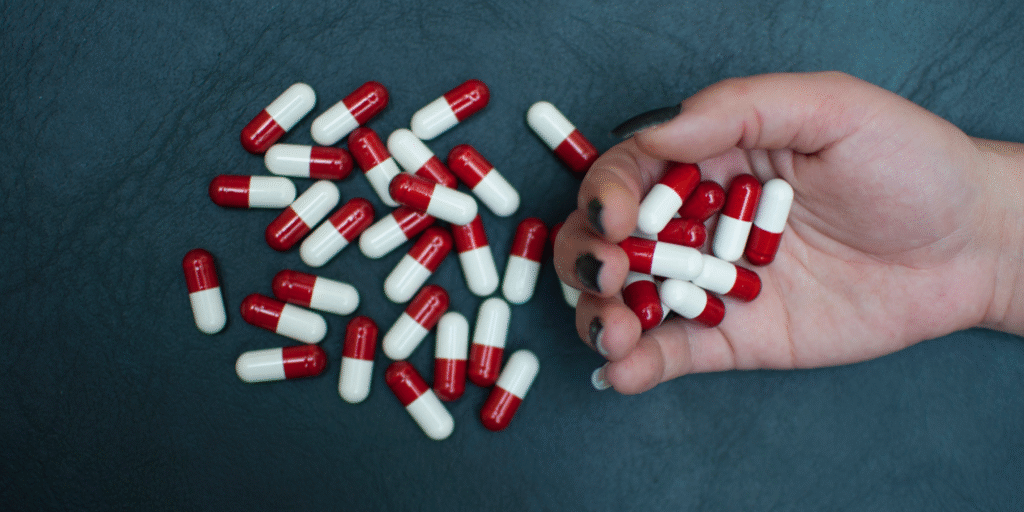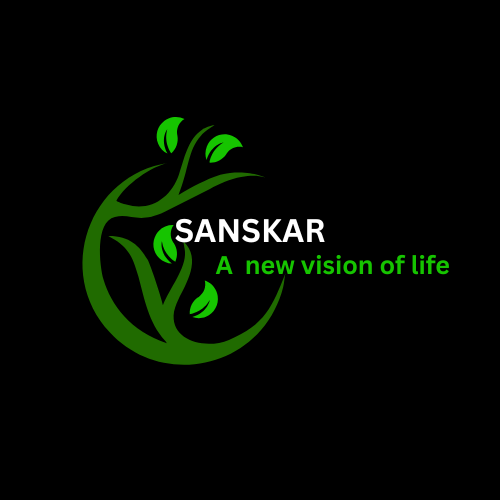
Introduction
Peer pressure is a powerful force that can shape a person’s thoughts, behaviors, and lifestyle choices — especially during teenage and young adult years. While positive peer pressure can motivate individuals to study harder or engage in healthy habits, negative peer pressure often pushes them toward harmful activities like smoking, drinking, or drug use.
At Sanskar Nasha Mukti Kendra, we see many young people fall into addiction because they wanted to “fit in” or “be accepted” by their friends. This blog explores how peer pressure leads to addiction, the psychological reasons behind it, and practical ways to resist and overcome it.
Understanding Peer Pressure
Peer pressure occurs when individuals are influenced by their friends, classmates, or social groups to behave in a certain way. It can be direct (when someone is told to try drugs or alcohol) or indirect (when someone feels compelled to imitate others).
For teenagers and young adults, the desire to belong is strong. They may fear rejection, loneliness, or judgment if they don’t conform to group norms. Unfortunately, this emotional need often opens the door to risky behaviors and substance abuse.
How Peer Pressure Leads to Addiction
Peer pressure affects both the mind and emotions, slowly shaping decisions and habits. Here are the main ways it leads to addiction:
1. The Desire to Fit In
The teenage brain craves acceptance. When friends or classmates use drugs, alcohol, or tobacco, others may feel that using the same substances will make them part of the group. This desire to be accepted is one of the most common reasons behind first-time drug use.
Example:
A student at a party may be offered alcohol or marijuana. They might hesitate initially but fear being called “boring” or “weak.” To avoid embarrassment, they give in — and one experiment becomes a habit.
2. Fear of Rejection
The fear of being left out can push teenagers into dangerous choices. When friends say, “Just try it once,” it sounds harmless. But even one try can alter brain chemistry, leading to dependence. Addiction often begins as a way to avoid social rejection.
3. False Perception of “Coolness”
Movies, music videos, and social media often portray drinking or smoking as symbols of confidence and success. Teenagers start to associate these habits with popularity. Over time, they develop a psychological attachment to the behavior, believing it enhances their image.
4. Emotional and Mental Pressure
Sometimes, teens use substances to deal with emotional stress, anxiety, or depression — especially if their peers do the same. They believe drugs or alcohol help them relax or forget their problems, not realizing this relief is temporary and destructive.
5. Normalization of Substance Use
When everyone in a group drinks or smokes, it starts to feel normal. Gradually, a teenager stops seeing it as harmful. This social normalization lowers their resistance and leads to regular use, eventually turning into addiction.
6. Social Media and Online Influence
Peer pressure doesn’t just happen face-to-face. Social media plays a massive role in shaping youth behavior. Teenagers see influencers, friends, or celebrities glorifying alcohol, smoking, or drugs — and feel pressured to follow those trends to appear “cool” online.
Signs That Peer Pressure Is Leading to Addiction
Recognizing early signs can help parents, teachers, and peers take preventive action.
Some warning signs include:
- Sudden change in friend groups
- Withdrawal from family and old friends
- Increased secrecy about activities or whereabouts
- Decline in academic performance
- Mood swings, irritability, or depression
- Experimentation with alcohol, cigarettes, or other substances
- Loss of interest in hobbies or sports
If you notice these symptoms, it’s time to intervene with empathy and support, not anger or punishment.
Psychological Impact of Peer Pressure
Peer pressure doesn’t only affect physical health; it has deep psychological consequences too:
1. Low Self-Esteem
Constant pressure to conform can damage a person’s self-confidence. Teens start believing that their worth depends on others’ approval.
2. Anxiety and Depression
Living with fear of rejection or guilt over bad choices can lead to emotional distress and depression.
3. Identity Crisis
When individuals try to act like others, they lose their sense of self. This confusion can make them more vulnerable to substance abuse and mental health issues.
Ways to Resist Peer Pressure and Avoid Addiction
While peer pressure is powerful, resisting it is absolutely possible with awareness, confidence, and support. Here are some effective strategies:
1. Build Strong Self-Confidence
Believe in your own values and choices. A confident person finds it easier to say “no” without feeling guilty. Encourage teens to focus on their strengths and unique identity.
2. Choose Friends Wisely
Surround yourself with friends who share positive habits and goals. Good friends never force or manipulate you into doing things that harm you.
3. Learn to Say “No” Assertively
Refusing doesn’t have to be rude. Practice polite but firm responses like:
- “No, I’m not into that.”
- “I’m good, thanks.”
- “I don’t need that to have fun.”
Being assertive earns respect over time.
4. Stay Busy with Positive Activities
Engage in sports, art, music, volunteering, or fitness. These activities boost self-esteem and reduce the temptation to engage in risky behavior.
5. Talk to Trusted Adults
If you feel pressured or confused, talk to a parent, teacher, or counselor. Sometimes, sharing your feelings is the best way to get help and guidance.
6. Understand the Consequences
Educating yourself about the harmful effects of drugs, alcohol, and tobacco builds mental resistance. Awareness is one of the strongest shields against addiction.
7. Seek Professional Help if Needed
If you or someone you know is already struggling with peer pressure or addiction, professional counseling and rehabilitation are crucial. Institutions like Sanskar Nasha Mukti Kendra offer confidential, effective, and compassionate support for recovery.
How Sanskar Nasha Mukti Kendra Helps in Recovery
At Sanskar Nasha Mukti Kendra, we understand that addiction doesn’t happen overnight — it often starts with social pressure or emotional pain. Our programs are designed to treat both the physical and psychological roots of addiction.
We offer:
- Detoxification and medical supervision
- Individual and group counseling
- Cognitive Behavioral Therapy (CBT)
- Motivational enhancement sessions
- Yoga, meditation, and holistic healing
- Aftercare programs to prevent relapse
Our goal is to help individuals regain control of their lives, build inner strength, and return to society as confident, addiction-free individuals.
Role of Parents and Educators
Parents and teachers play a crucial role in preventing addiction caused by peer pressure. Here’s how they can help:
- Open communication: Talk regularly with teens about their friends, activities, and social challenges.
- Educate about risks: Share real-life examples of how addiction ruins health and careers.
- Be a role model: Avoid smoking, drinking, or promoting such behavior at home.
- Provide emotional support: Encourage, listen, and guide without judgment.
- Involve professionals early: Seek help from a Nasha Mukti Kendra or counselor if any warning signs appear.
Conclusion
Peer pressure is powerful, but personal strength is stronger.
Teenagers and young adults often face immense social pressure to try drugs or alcohol, but with the right mindset, awareness, and support, they can make positive choices.
At Sanskar Nasha Mukti Kendra, we are committed to helping individuals understand the dangers of addiction, overcome peer pressure, and live a fulfilling, drug-free life. Remember — saying “no” to addiction means saying “yes” to your future.

